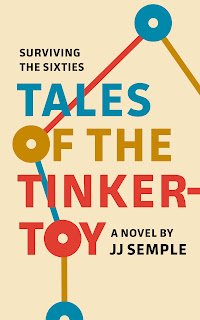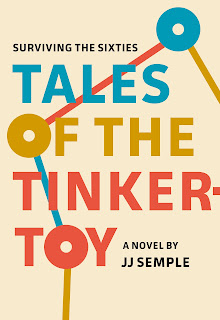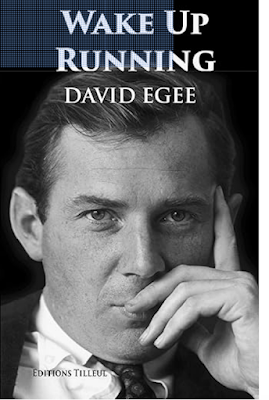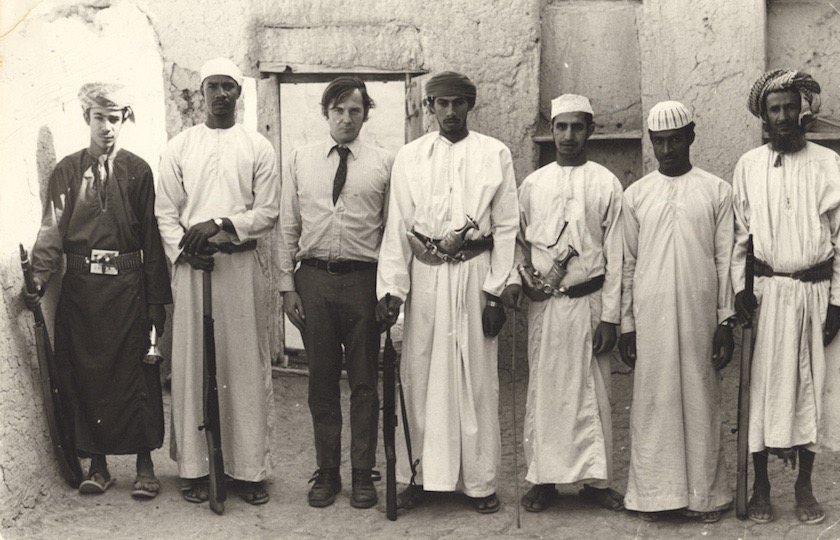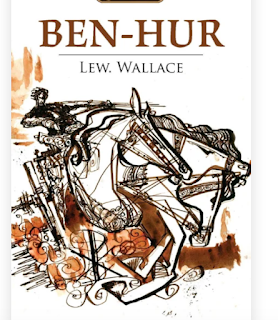Ever Thought About A Career That Allowed You To Work Overseas?
David Egee had to wake up running
to live his dream of working and traveling throughout the world. ADHD
as a child, Egee suffered through many years of reading and writing
impairment. "I was ADHD before the expression became a household word.”
Egee
overcame this learning handicap to become the Director of the American
Hospital in Beirut at the age of 35, dealing with such Middle Eastern
luminaries as Yasser Arafat and Muammar Gaddafi. Later, working out of
Dubai, he established hospitals throughout the Middle East (Libya, Saudi
Arabia, Iran), just before the region exploded.In the 1980s, he
worked for Hospital Corp. of America (HCA) in England, setting up
hospitals and nursing homes. When HCA bowed out of Britain, he founded
his own nursing home company, eventually setting up and staffing over 50
homes in the UK.
From there, he went on to create and own a
number of nursing homes in England, finally selling out at age of 68 and
retiring with enough money to take care of himself and his family and
live comfortably for the rest of his life.
"Thanks for sending me David Egee's book with the wonderful title, Wake Up Running...
I loved his honesty and the way the book is written — it is so direct
and easy to read and it is fascinating to follow his (and Dale's)
journey as decisions made, luck, and events take them so far from their
beginnings.”
~ Brigid Keenan is an author and journalist. She has worked as an editor on Nova Magazine, The Observer, and The Sunday Times.
JJ Semple on David Egee’s Life Story
"David Egee's life story, Wake up Running,
features so many remarkable accomplishments (overcoming ADHD; Middle
East career in Libya, Kuwait, Lebanon at a time of international crisis;
London-based, UK nursing home principal; Director of the American
Hospital in Beirut; childhood in Newtown CT, 40 years before the
infamous bloodbath) it's almost impossible to single one episode out.
Nevertheless, his touching account of his father's death with dignity
is the highpoint of the book for me. You can feel the author's emotions
as he narrates an event that turns out to be an insightful forerunner
for today's burgeoning call for greater tolerance of the right to die
when and as one chooses.
"A marvelous memoir of an extraordinary life —
from
small-town America to the Middle East, idyllic Provence, and 'cool
Britannia'!
Both
poignant and searingly honest — yet full of humor.”
~ John Andrews was The Economist’s most experienced foreign correspondent.
“David Egee's book, Wake Up Running
is a blueprint that shows you how to work, travel, and live overseas.
Is it easy? Having lived and worked overseas myself for many years, I
know it's not. Part of it is luck, of which, Egee has loads. Everything
from becoming the Director of the American Hospital in Beirut at the age
of 35 to taking the last plane out of Lebanon with Italian embassy
personnel when the Civil War got too hot.
Editions Tilleul author, David Egee's book receives favorable review in The Newtown Bee:
"Newtown
resident and Egee family friend Bart Smith feels the chapters about
Newtown 'could be of interest to people' who live in town, Mr Smith
said. In his opinion, the author succeeded in completing his memoir,
'for the experience. He didn’t do it for money.'
"The
job was especially challenging because Mr Egee is dyslexic. He said,
'And, I don’t spell well. It was a challenge, which is why I did it … I
survived.' He said, 'My personality and ambition helped me immensely,
and my father’s willingness to do whatever it took to get me educated.'
"Chapters in his book make clear the efforts and struggles spanning Mr Egee’s education."
"It wasn’t always easy. Egee faced political as well
as social and cultural obstacles. One of the last Westerners to leave
Libya after Gaddafi’s militia began hassling foreigners on the street,
he was warned not to attract attention so he drove his newly purchased
car to the airport, left the keys on the seat, boarded the plane and
departed. But in spite of his vanishing overnight, the Libyan government
continued to send payments to his company for a hospital he was never
able to build!"
The Author on Newtown, CT in the 1950s
"I
was raised in Newtown, CT, a small, idyllic New England rural farming
community 60 miles from New York City. In the 1950s, Newtown was
evolving into a residential and light industry area for middle and
upper-middle class people starting new families. There were just enough
rich upper class New Yorkers creating “second homes” to give the town an
air of exclusivity. It was a Saturday Evening Post magazine-cover
community with all the Norman Rockwell characters you can imagine, a far
cry from the infamous Sandy Hook Elementary School shooting that took
place there in 2012, 76 years after I was born.
"David was the dumbest student we ever had at the school.”
"By my 3rd year in school, I began to realize that I
was not the smartest student in the class. John Verdery, the headmaster
of the Wooster School described my deficiency in his book, Partial Recall: The Afterthoughts of a Schoolmaster,
'David was the dumbest student we ever had at the school.’ This refrain
was echoed throughout my educational career. Fortunately, Verdery
believed in me as a person and acted as one of my mentors.
David Egee stands to the left of the Wali of Nizwah, surrounded by his entourage, 1970
“Later on, I consoled myself in the belief that you
don’t need to be too intelligent to be educated, and you don't have to
be educated to be successful. You just have to work harder and ‘Wake up
Running.' I believe I was genetically attuned to challenges. Education
was a challenge – a difficult task, but I got through it.
Three events made Egee's success possible
- A
casual visit to the American University of Beirut. The construction of a
new 400-bed hospital funded by the US government. This would become a
center of medical excellence, serving the entire Middle East.
- The
demand and price for oil throughout the Middle East. Hence, an
unthinkable wealth became available for creating infrastructure projects
all over the Middle East and North Africa — defense, education, and
healthcare being among the highest priorities.
- The election of
Prime Minister Margaret Thatcher and her privatization of many
infrastructures, including parts of the National Health Service. This
allowed me to build and manage private, long-term healthcare facilities
throughout England.
"I wrote Wake up Running because it
was a challenge and because it was there to write. Once, after I
finished telling my daughter about negotiations with Yasser Arafat, my
experiences in Libya, and the day that Muammar Gadhafi distributed his
‘Green Book’ to every single individual living in Libya and announced
that Libya was now a Jamahiriya (1), she asked me, 'Pappy, why don’t you
write these stories down?’ "
 Tales Of The Tinkertoy
tells it like it was. It’s a story set in its own time—the 1960s. If
nothing else, it serves as a historical reference, allowing readers to
compare the present to the not-so-long-ago past and to appreciate the
ways we’ve progressed and the ways we haven’t.
Tales Of The Tinkertoy
tells it like it was. It’s a story set in its own time—the 1960s. If
nothing else, it serves as a historical reference, allowing readers to
compare the present to the not-so-long-ago past and to appreciate the
ways we’ve progressed and the ways we haven’t. 
